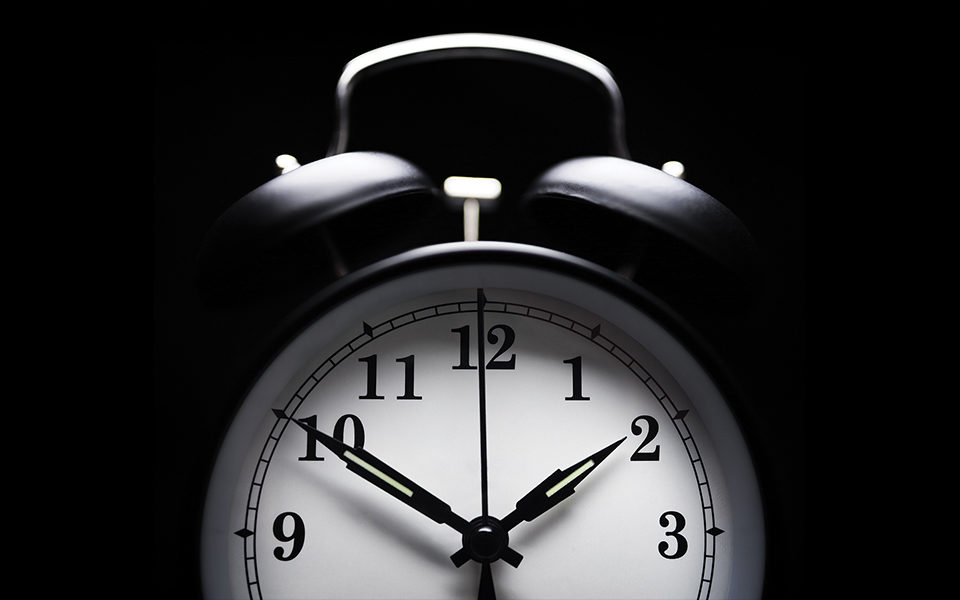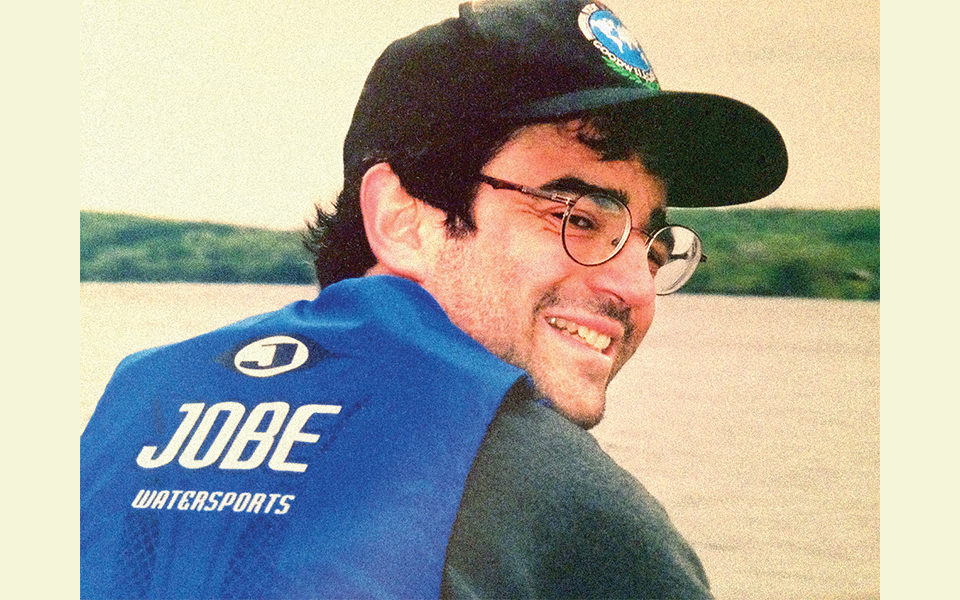
Even in the middle of the night, CBC ombudsman Esther Enkin can’t stop being a journalist. With more content being produced than ever before at remarkable speeds, journalists are dealing with a serious fear of missing out. Enkin knows the struggle all too well: “I read The New York Times on my phone at 3 a.m., and sometimes I fall asleep with my finger on a word.” Enkin loves her job, but she doesn’t want it to take over her life. It’s hard to tell which comes first—the journalist, or the human—and Enkin is looking for suggestions to keep the two separated. “If anybody has any good tips, I’m looking forward to it.”
Learning to Unplug
Like Enkin, Lauren McKeon struggled to put her phone down, even when she was sleeping. She used to sleep with it charging on her nightstand—making it the last thing she saw before bed and the first thing she looked at in the morning. “Sometimes, in a groggy state, I would wake up in the middle of the night to check it without even quite realizing what I was doing.” says McKeon, the digital editor for The Walrus.
McKeon, who in the fall published F-Bomb: Dispatches from the War on Feminism, replaced her phone with a warm cup of tea and a book at bedtime, leaving her phone charging in a different room so she couldn’t reach for it at night while in bed, even subconsciously: “Still—it can be hard not to worry about what I’m missing, especially these days, and some nights I’ll break my own rule. It’s a work in progress!”
Save Up Those Vacation Days…
When Robyn Doolittle had a baby girl in June of last year, she was more than a year into her Unfounded investigation for The Globe and Mail. So, she decided not to take a full maternity leave. After a month off, she started using her vacation days so she could work part-time hours spread out over the week.
At the Globe, Doolittle says, the staff is flexible, and nobody is looking at when she comes in or leaves the office. “At the same time, you’re kind of always on the clock when you’re responsible for a story.”
When balancing parental and reporter duties, Doolittle makes it work: Her Instagram snapshots show the youngest member of the Unfounded team blending in well at work with her reporter mama.
…and Don’t Let Anybody Interrupt Them
The demands of a daily newspaper may be different from those of a monthly publication like Toronto Life, but that doesn’t make life any easier for senior editor Malcolm Johnston. Johnston, a father of two, follows a strict regimen that includes running, reading books, and spending time with his kids. Johnston always keeps his phone on night mode to curb his Twitter-scrolling habits, and on vacation, he turns his work email off, checking it sporadically. “That can sometimes make for wild discoveries upon re-entry,” he says. “But it’s worth it!”
Taking a Break is All It’s Chopped Up to Be
The pen may be mightier than the sword, but when Canadian Press reporter-editor Michelle McQuigge isn’t hustling to file a story, she likes to pick up a knife. For McQuigge, cooking is an excellent way to get a break from the news. “Chop those vegetables a little more aggressively than strictly necessary if you have to,” she says. It’s a good way to decompress, and it comes with a delicious bonus. “You can sit down and prolong your time away from the screen by eating a good meal.” And there’s nothing selfish about taking that time off, McQuigge points out. “If you’re cookin’ healthy, then you can keep doing your work!”
About the author
Maria Iqbal is the 2017/18 editor of Ryerson Review of Journalism
